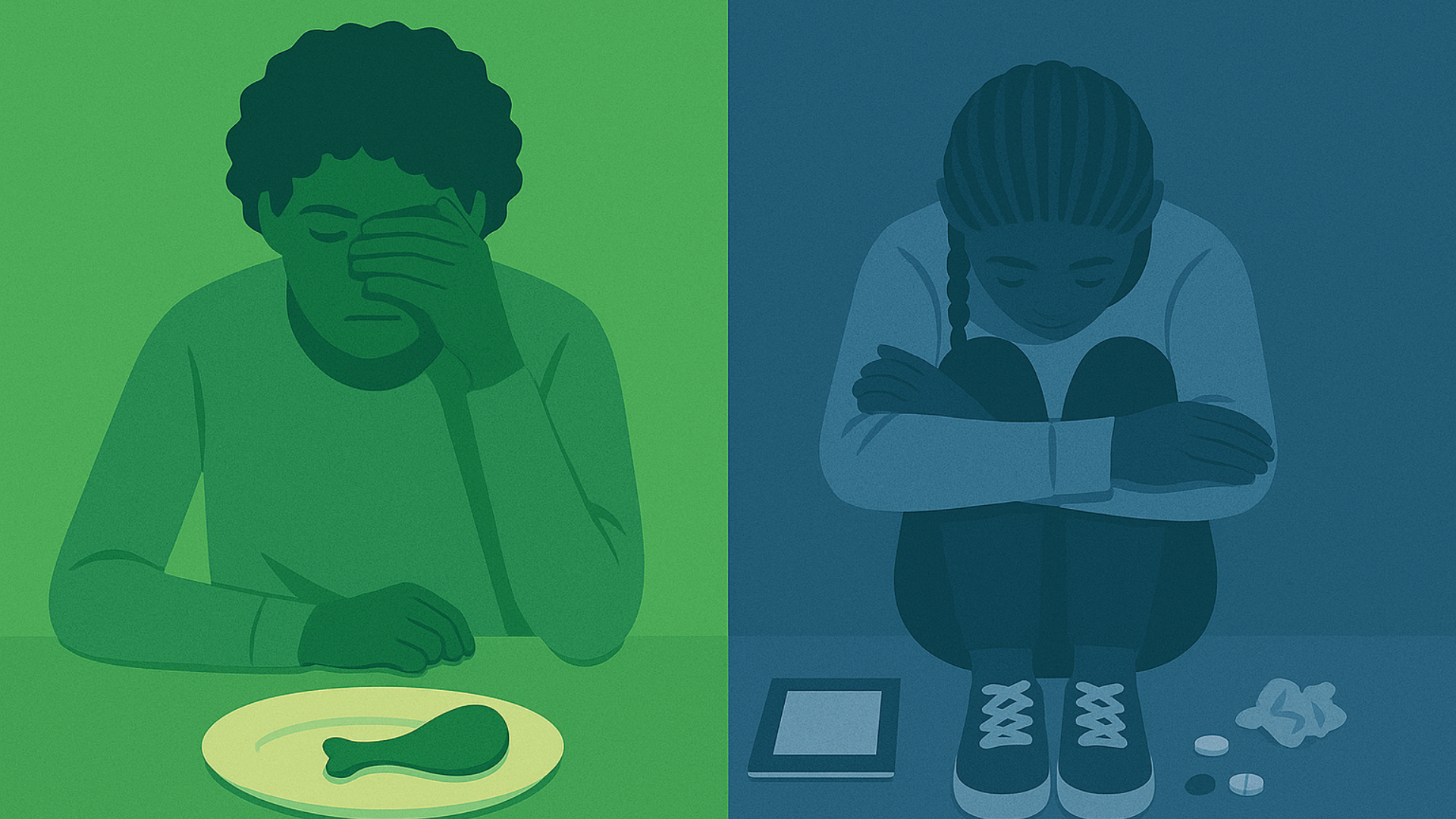Understanding Racial Trauma

WHAT IS RACIAL TRAUMA?
Racial trauma is the mental or emotional harm resulting from living within a racist system or experiencing events of racism. Also referred to as race-based traumatic stress (RBTS), racial trauma is similar to post-traumatic stress disorder (PTSD) in that it can cause afflicted individuals to experience the following symptoms:
- Depression
- Anger
- Intrusive thoughts
- Physical reactions, such as headaches, chest pains, insomnia
- Hypervigilance
- Low-self-esteem
- Taking actions to mentally distance oneself from the traumatic events
WHAT CAUSES RACIAL TRAUMA?
When the nervous system is too overwhelmed to offer any solutions for survival, instead of ‘fighting’ or ‘flying,’ the body enters ‘freeze’ mode. When the body freezes, trauma typically occurs.
Racial trauma can result from directly experiencing racism or seeing other people face racism. It may also be passed from generation to generation.
Trauma Caused by Direct Racism
During the 2021 military conflict between Israel and Hamas, Jewish individuals have faced harassment, vandalism, and assault. Incidents included bricks thrown through a window of a Manhattan kosher pizzeria, verbal attacks on Jewish diners in Los Angeles, and synagogues vandalized swastikas. This recent increase in antisemitic incidents may have caused victims to experience direct racial trauma.
Trauma Caused by Vicarious Racism
Vicarious racism includes viewing videos of brutal police killings of Black people, Latinx youth witnessing a violent event during or post-migration to the U.S., Native American children seeing high rates of homicide, suicide, and injury in their communities.
Trauma Caused by Transgenerational Racism
Trauma can be passed from one generation to the next. New research indicates that trauma may not only carry psychological effects on later generations, but familial, social, cultural, neurobiological, and genetic effects as well.
For example, millions of Soviet Ukrainians starved during an intentional genocide orchestrated by Joseph Stalin’s regime. In a study on the children and grandchildren of the victims, qualitative data showed that the offspring were still living in “survival mode.” They faced feelings of anxiety and shame, high emotional neediness, and low community trust and cohesiveness. The individuals also engaged in unhealthy behaviors, such as food hoarding, overeating, and authoritarian parenting.
These intergenerational effects of trauma are compatible with research exploring how the Holocaust, Rwandan genocide, displacement of American Indians, and the enslavement of African Americans are affecting later generations of the victims.
TREATING AND COPING WITH RACIAL TRAUMA
Racial trauma can have far-reaching effects on mental health. People suffering from racial trauma may find it difficult to concentrate and fully enjoy life. There are treatment and coping methods available to help mitigate the symptoms of racial trauma.
Treatment options and coping skills that might help include:
- Psychotherapy: Trauma-informed psychotherapy can help identify emotions, process experiences, and identify healthy coping mechanisms.
- Support system: Connecting with others who have experienced racial trauma, as well as family and community members, can help an individual feel less alone in facing their struggles.
- Medication for mental health management: Medication can help relieve symptoms such as depression or insomnia.
- Self-care: Incorporating self-care into your routine can help with one’s overall mental-emotional state. Exercising regularly, meditating, and eating nutrient-rich meals can ease symptoms brought on by trauma.
- Activism: Advocating against racial injustice can foster feelings of empowerment.
RACIAL TRAUMA TREATMENT AT THRIVE
Thrive’s therapists are passionate about creating a culturally affirming space for individuals of all races to heal. We practice racial trauma-informed psychotherapy for individuals to process any racially related traumatic experiences and feel empowered to embrace life again. Reach out to us to learn more.
The post Understanding Racial Trauma first appeared on Thrive Wellness.








